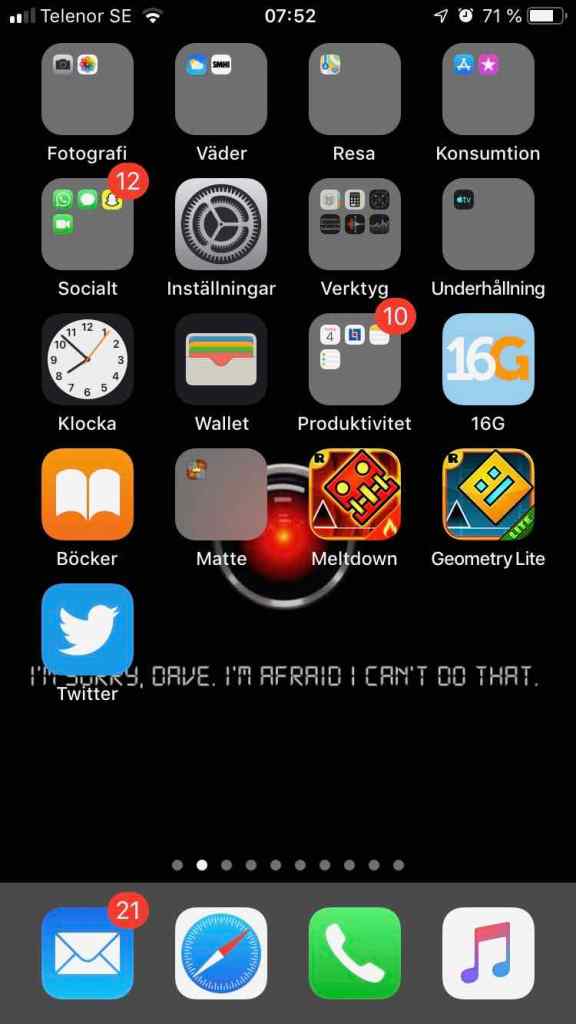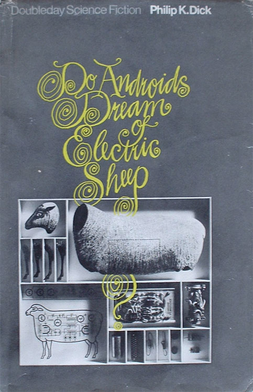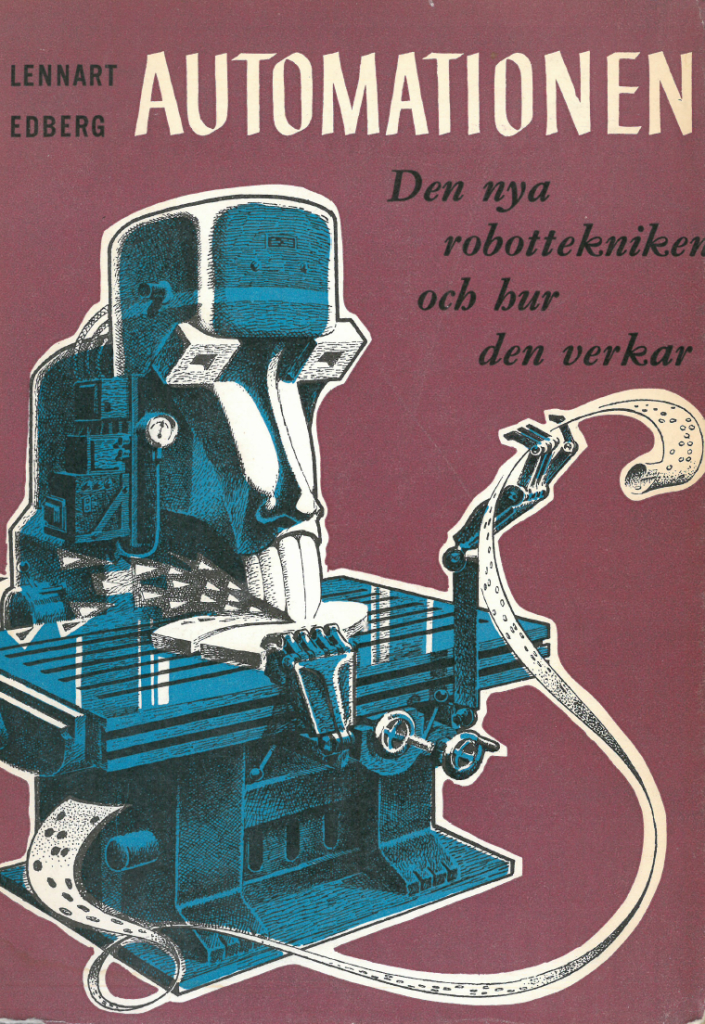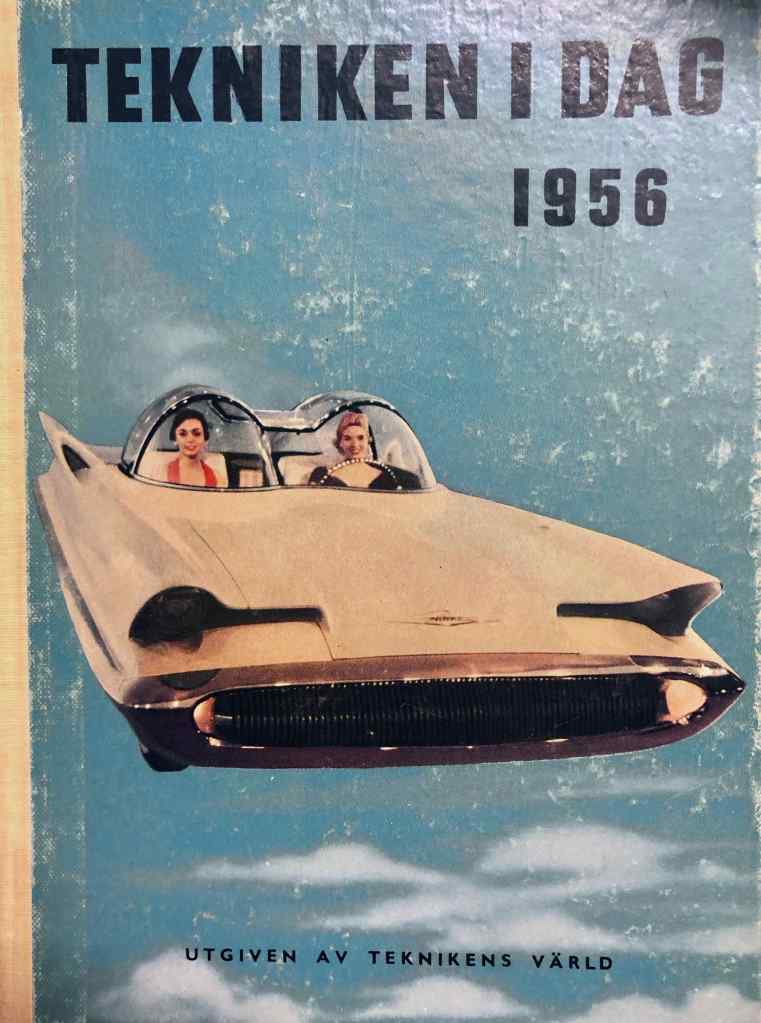This is a reflection on Topic one: literacies to survive and thrive in the digital age (aka my so-called digital presence and my everyday experience of the messy entanglements of digital and analogue practices)
Let me briefly present an ordinary morning in my life:
07:52 My day starts (I sleep in as my kids are free from school so I’m working from home), I look at my phone; 10 notices; 12 What’s Up texts and 21 unread e-mails. The What’s Up conversation is about today’s upcoming meeting. The leader of the forthcoming meeting kindly reminds the group that the meeting will start in 1 hour and 15 minutes. Great, I have time for coffee then.

I try to focus during the
meeting – we communicate via Zoom (video and chat), simultaneously writing in
google docs. I keep up – kind of. As I attend the meeting, I write some notes
on post-its as well. I have some more coffee – and try to sum up the meeting. The
notes are not helping much – I’ve written: “blog about what is happing to me”;
“I need to focus” ; and something unreadable.
11.00 I start an app – Pomodoro-something. It’s basically a timer – set on 45 minutes. I am supposed to work on ONE TASK until the timer goes off and then take a break. It is very popular at my department. We even had workshops on a book that uses this method! I think the book is called “How to Thrive and be Super Successful in Areas that Counts in Advanced Capitalism – and Not Die So Much” or something like that.
11.04 I’m writing this. I’m doing good. Thriving and surviving in digital environments. Wait… – is Microsoft Word a digital environment? What would it be like NOT TO survive in the digital environment? Would one literary die then? Become a digital zombie? Does a digital zombie eat digital brains? I’m reminded of the novel “Do androids dream of electronic sheep” – and the film Bladerunner. The film is set in 2019 – and I now remember that I saw some news about how the film turned out quite accurate. Where did I see that? I should send that to my partner, but on what platform was this? Or was it an e-mail? I start looking thru my social media and notifications. I can’t find it because I can’t remember where to look for it.

11.20 Students are e-mailing me about not being able to see their grades on my university’s platform LISAM – what did I do wrong? I start answering students, simultaneously testing the platform – success …ok so one has to change the status of the posts from previewed to published? Why is it in past tense? Anyway – problem solved. Since I started going through my inbox I might as well continue; a colleague is sharing a chapter we are working on in google docs (I should really be working on that); ResearchGate informs me that X has read a paper of mine (wow that’s so cool – I should contact her and thank her – does she knows that ResearchGate is tracking her and informing me? Maybe she hated my work – best not to contact her). Now my sister is texting; “do I want to be part of other sister’s birthday present?” Yes please. Reply comes: “Can you think of a great present and also ask our brother if he wants in on the present?” Can’t think of a good present now, so I write down a reminder in my google calendar and in my notebook as well. Course facilitator is now texting that we should not take this task too seriously. That’s great! Maybe this will do then…

Oh almost break. I stare at the timer for exactly 1 minute and 28 seconds

Alarm goes off – great! Coffee.
12.10 I go to the kitchen to get some coffee – thinking about this morning. Am I thriving in a digital world?
Well, the promises of new
technologies have often been promises of easier living. The societal desire for
a computerized future intensifies after the Second World War (and has
effectively not diminished since). ‘Automation’ (a notion often equivalent to
computerization in some form) was described as particularly central to this
improved world. Technical development was described to lead to increased
welfare and more free time for everyone. Computers would, in the future, not
only “unburden the human work force from monotonous and heavy physical labor,
but also from exhausting psychological and cognitive activities” (Velander,
1956).
 Cover of the book ‘Automation’ 1956
Cover of the book ‘Automation’ 1956
I don’t feel the slightest bit
relieved from psychological and cognitive activities. I feel exhausted. Is that
a tech problem or am I drinking too much coffee (or not enough?). I’m not sure.
I feel a bit tricked though! Where is my artificial intelligence assistant? And
where is my flying car!?
